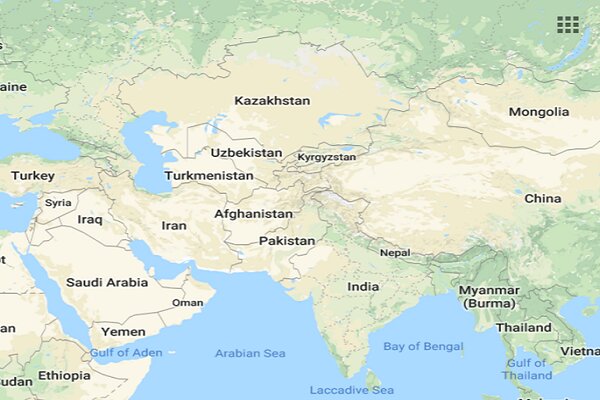Senior diplomat

TEHRAN, (MNA) – The Director-General of the Iranian Foreign Ministry for the Persian Gulf Affairs Alireza Enayati announced that the corridor of Iran, Oman, Turkmenistan and Uzbekistan will be launched in the future.
Enayati in an interview with IRNA pointed to the recent visit of Oman’s Sultan Haitham bin Tariq Al Said to Tehran, saying that the volume of trade between Iran and Oman increased by $2 billion last year.
There has been also progress in the field of transportation and shipping between Iran and Oman, he said, adding that transportation and transit cooperation were among the issues discussed during the visit of Oman's sultan to Tehran.
According to Enayati, serious discussions have been held between Tehran and Muscat for the activation of the "Ashgabat Agreement" which is about the transit route between Iran, Oman, Turkmenistan and Uzbekistan.
He expressed hope that the corridor will be launched in the future.
The Ashgabat agreement is a multimodal transport agreement between the governments of Kazakhstan, Uzbekistan, Turkmenistan, Iran, India, Pakistan, and Oman for creating an international transport and transit corridor facilitating the transportation of goods between Central Asia and the Persian Gulf.
The agreement came into force in April 2016. Ashgabat in Turkmenistan is the depository state for the agreement.
The objective of this agreement is to enhance connectivity within Eurasian region and synchronize it with other transport corridors within that region including the International North–South Transport Corridor (INSTC).
Heading a high-ranking delegation, the Omani Sultan traveled to Iran on Sunday upon an invitation by Iranian President Ebrahim Raeisi.
In a joint statement released on Monday, President Raeisi and Sultan Haitham said they discussed ways to reinforce bilateral ties on the basis of brotherhood and common interests, especially in the areas of trade, energy, investment, and culture.

No comments:
Post a Comment